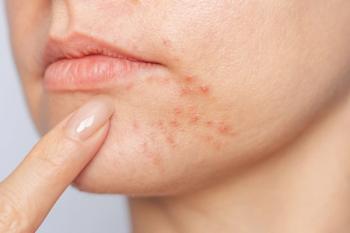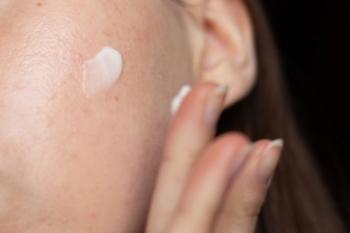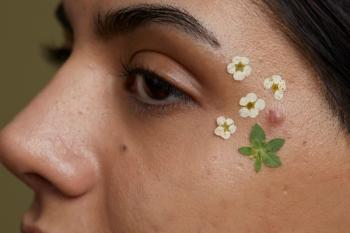
Quality of Life and Acne: How is it Health Related?
This study aimed to examined morbidity associated with truncal acne.
A study published in the
There were 694 patients with both facial and truncal acne (F+T) and 615 patients with only facial acne that participated in the online, international survey. The patients self-graded the severity of their acne in different areas of the body and completed the dermatology life quality index (DLQI).
The survey provided obtained information on demographics and clinical characteristics such as family history, symptoms, number of years with the condition and more. Photographic examples of acne were provided to help the self-assessment.
The DLQI was provided for participants 16 years or older and the children's DLQI (CDLQI) for those younger than 16 years. The Comprehensive Acne Quality of Life (CompAQ) was given to all ages and referenced to the preceding week according to developer instructions.
It was found that the patients with F+T acne were twice as likely to report “very large” to “extremely large” impact of HRQoL (DLQI greater than 10 and children's DLQI [CDLQI] greater than 12) when compared to patients with only facial involvement (DLQI: odds ratio [OR] 1.61 [95% confidence interval {CI} 1.02-2.54]; CDLQI: OR 1.86 [95% CI 1.10-3.14]), according to the article.
It was also found the impact of acne on HRQoL increased with increasing acne severity on the face (DLQI and CDLQI P values=.001 and .017, respectively), chest (P=.003; P=.008), and back (P=.001; P=.028).
The limitations of the study include the length of acne impact was not estimated.
The study concluded that F+T acne was associated with a greater impact on HRQoL than facial alone and the increased severity of truncal acne also increased the adverse impact on HRQol regardless of the severity of facial acne.
Disclosures
Jerry Tan, MD, has acted as a consultant for and/or received grants/honoraria from Bausch, Galderma, Pfizer, Almirall, Boots/Walgreens, Botanix, Cipher, Galderma, Novan, Novartis, Promius, Sun, and Vichy.
Rajeev Chavda, MD, is an employee of Galderma.
Stefan Beissert, MD, Fran Cook-Bolden, MD, Julie Harper, MD, Adalaide Hebert, MD, Edward Lain, MD, MBA, Alison Layton, MBChB, Jonathan Weiss, MD, and Brigitte Dréno, MD, PhD, have acted as investigators and consultants for Galderma.
Marco Rocha, MD, PhD, has acted as an advisor and/or speaker and received honoraria from Eucerin, Galderma, Johnson & Johnson and Leo Pharma.
Medical writing and editorial assistance were provided by Kantar Health (France) and funded by Galderma.
Reference:
1. Tan J, Beissert S, Cook-Bolden F, et al. Impact of facial and truncal acne on quality of life: A multi-country population-based survey. JAAD International. 2021;3:102-110. doi:10.1016/j.jdin.2021.03.002
Newsletter
Like what you’re reading? Subscribe to Dermatology Times for weekly updates on therapies, innovations, and real-world practice tips.











